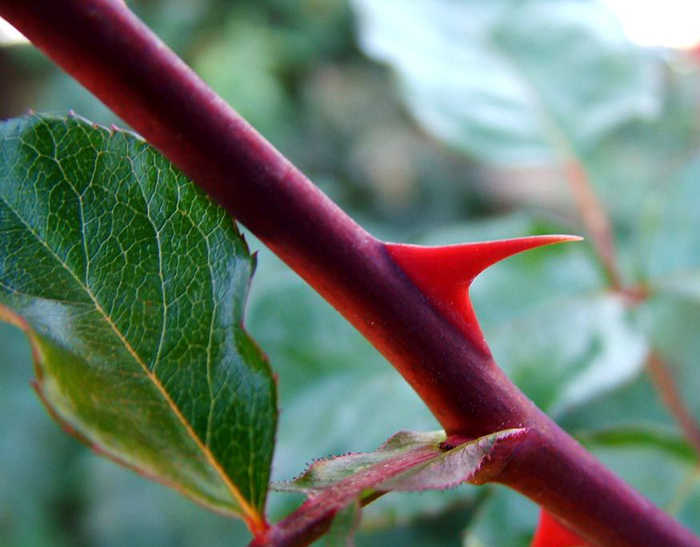FWP:
For background see S. R. Faruqi's choices. This verse is NOT one of his choices; I have added it myself, mostly for the sake of completeness. For more on Ghalib's unpublished verses, see the discussion in {4,8x}.
The blooming rose's shape gives it a 'mouth'; generally this 'mouth' is used for smiling or laughing (often ironically, because of its own imminent withering and death). Or else the rose speaks in the zabān-e ḥāl , the wordless 'language' of the condition it's in. In the present verse, it uses its mouth for actual speaking, by pressing into service a thorn to act as a tongue. So incomparably great is the beloved's authority that the rose had no more choice about obeying her than did any other hapless lover.

Gyan Chand:
If that lofty-ranked beloved would command the lovers to make a presentation/petition, then even the flowers, who are among her lovers and are tongueless, would make a thorn into a tongue and express their wretched condition. It is clear that in her presence, a flower has no status.
== Gyan Chand, p. 106